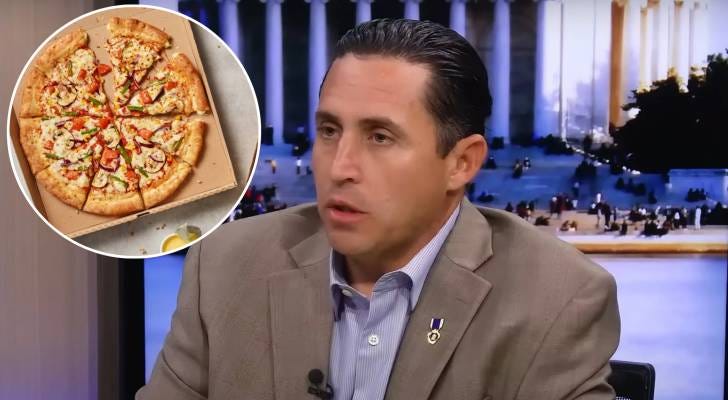In a story that captures both the absurdity and moral collapse of international aid efforts, a U.S. military contractor managed to get Domino’s pizza delivered into Gaza, while humanitarian convoys filled with food and medicine remained barred from entry.
The whistleblower, Anthony Aguilar, a retired Green Beret w…
Keep reading with a 7-day free trial
Subscribe to The Crustian Daily to keep reading this post and get 7 days of free access to the full post archives.



